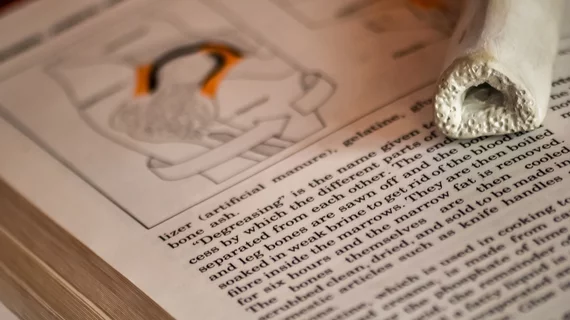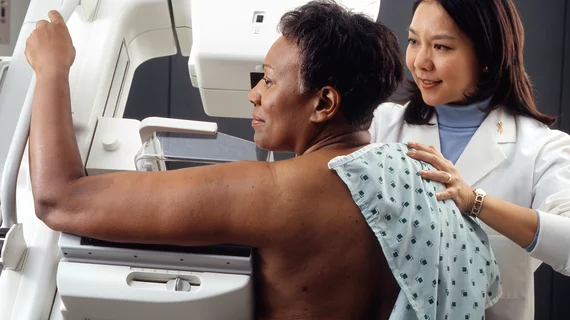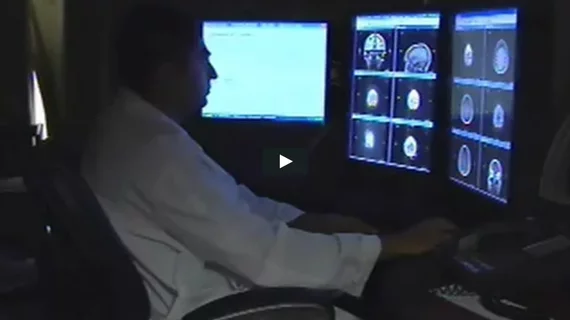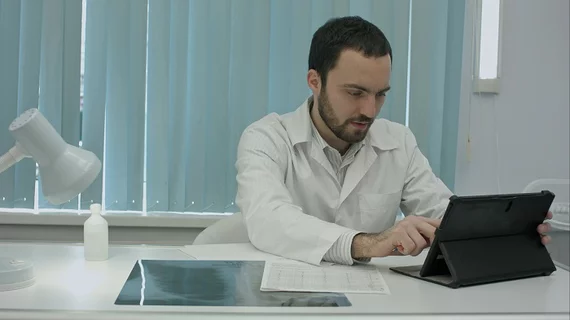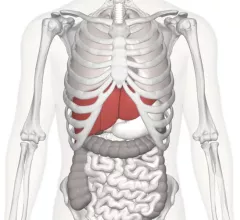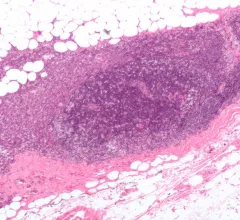American Roentgen Ray Society (ARRS)
The American Roentgen Ray Society is the first and oldest radiology society in the United States, founded in 1900. The society has been a forum for progress in radiology since shortly after the discovery of the X-ray and is dedicated to the goal of the advancement of medicine through the science of radiology and its allied sciences. The goal of the ARRS is maintained through an annual scientific and educational meeting and through publication of the American Journal of Roentgenology.
Displaying 17 - 24 of 24
